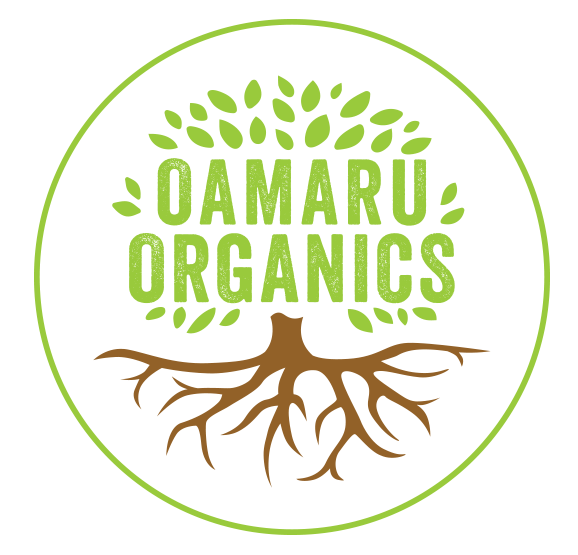Insecticides are a type of pesticide that are commonly used in New Zealand to control insect pests that can damage crops and other plants. While insecticides are an effective tool for managing insect populations, they also pose significant risks to human health and the environment. In this blog post, we will discuss some of the most commonly used insecticides in New Zealand and their potential dangers.
- Organophosphates:
Organophosphates are a type of insecticide that work by disrupting the nervous system of insects. These insecticides are highly toxic to a wide range of insects and are used extensively in New Zealand. However, organophosphates are also highly toxic to humans and other mammals, and exposure can lead to a range of health problems, including nausea, headaches, and even death in severe cases.
- Pyrethroids:
Pyrethroids are another type of insecticide that are commonly used in New Zealand. These insecticides work by affecting the nervous system of insects, causing paralysis and death. Pyrethroids are less toxic to humans than organophosphates, but they can still cause skin irritation and respiratory problems.
- Neonicotinoids:
Neonicotinoids are a newer type of insecticide that are commonly used in New Zealand to control a wide range of insect pests. These insecticides work by affecting the nervous system of insects, causing paralysis and death. However, neonicotinoids are also highly toxic to bees and other pollinators, and their widespread use has been linked to declines in bee populations.
- Carbamates:
Carbamates are another type of insecticide that are commonly used in New Zealand. These insecticides work by inhibiting an enzyme that is essential to the nervous system of insects. However, carbamates are also highly toxic to humans and other mammals, and exposure can lead to a range of health problems, including nausea, headaches, and even death in severe cases.
- DDT:
DDT is an insecticide that was once widely used in New Zealand but has since been banned. DDT is highly toxic to a wide range of organisms, including birds and fish, and exposure can lead to a range of health problems, including cancer.
In conclusion, while insecticides are an effective tool for managing insect populations, they also pose significant risks to human health and the environment. It is important to use insecticides only when necessary and to follow all safety precautions when using these chemicals. Furthermore, it is important to explore alternative methods of pest control, such as integrated pest management, to reduce reliance on insecticides and promote sustainable agriculture in New Zealand.
Check out our next post for how organics does this differently!

